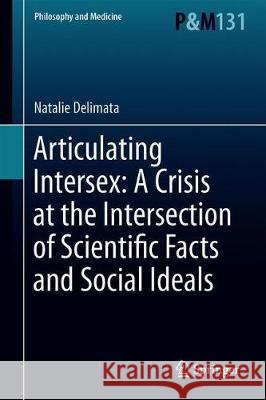Articulating Intersex: A Crisis at the Intersection of Scientific Facts and Social Ideals » książka
topmenu
Articulating Intersex: A Crisis at the Intersection of Scientific Facts and Social Ideals
ISBN-13: 9783030218973 / Angielski / Twarda / 2019 / 186 str.
Articulating Intersex: A Crisis at the Intersection of Scientific Facts and Social Ideals
ISBN-13: 9783030218973 / Angielski / Twarda / 2019 / 186 str.
cena 344,56 zł
(netto: 328,15 VAT: 5%)
Najniższa cena z 30 dni: 345,36 zł
(netto: 328,15 VAT: 5%)
Najniższa cena z 30 dni: 345,36 zł
Termin realizacji zamówienia:
ok. 20 dni roboczych.
ok. 20 dni roboczych.
Darmowa dostawa!
Kategorie BISAC:
Wydawca:
Springer
Seria wydawnicza:
Język:
Angielski
ISBN-13:
9783030218973
Rok wydania:
2019
Wydanie:
2019
Numer serii:
000033088
Ilość stron:
186
Waga:
0.46 kg
Wymiary:
23.39 x 15.6 x 1.27
Oprawa:
Twarda
Wolumenów:
01
Dodatkowe informacje:
Bibliografia
Wydanie ilustrowane
Wydanie ilustrowane











